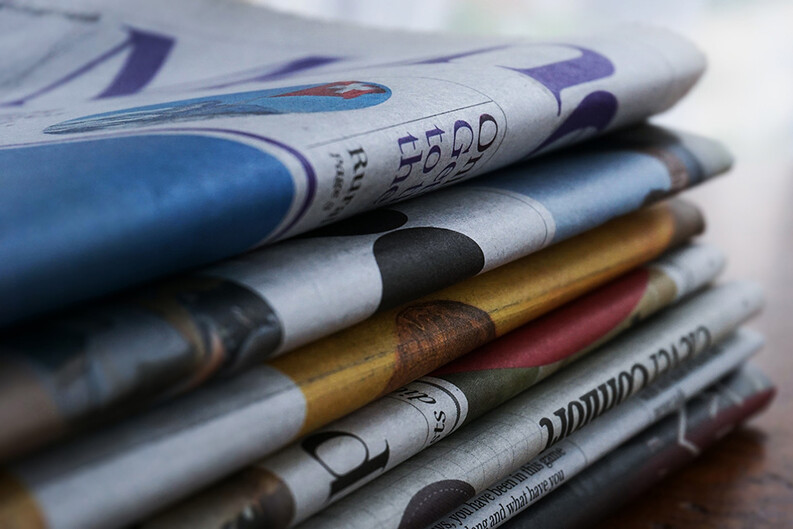MFIA and Protect Democracy Support AP’s Election Transparency Project

The Media Freedom and Information Access4 (MFIA) Clinic at Yale Law School is partnering with Protect Democracy5 to support an election transparency project of The Associated Press (AP). The project seeks to ensure that journalists have access to polling places, ballots, vote counting processes, and election results from Election Day until the counting of ballots is completed to ensure that proper procedures are followed.
Yale Law students in the MFIA Clinic and Harvard Law students working with Protect Democracy have created guides for journalists outlining their legal rights to access and observe election processes6 in nine key battleground states: Arizona, Florida, Georgia, Michigan, North Carolina, Ohio, Pennsylvania, Texas, and Wisconsin. The guides identify the relevant state laws and regulations governing access to polling places and vote-counting locations. The students have also prepared a one-page, easy-to-use summary of the key rules that will be available to journalists and the public. The journalist guides and related information are publicly available6 on the websites of Protect Democracy, MFIA, and the Reporters Committee for Freedom of the Press (RCFP), which is also supporting the project.
The goal of the project is to ensure that reporters know their rights in observing voting and vote counting, and have the legal support to enforce those rights. In addition to preparing the legal guides, MFIA, Protect Democracy, and the RCFP have organized a network of experienced media lawyers in the nine battleground states who are prepared to provide pro bono assistance to journalists denied access to locations or information that must be public by law. Those lawyers will also staff a hotline hosted by the RCFP that journalists can call with any access-related questions or issues on Election Day.
The array of journalists and stringers at AP, together with other news organizations and citizen observers, play an important role in informing the public if problems develop, according to the new guides. AP sends its personnel to polling places across the country to collect vote information and offers election coverage aimed at informing the electorate and debunking misinformation.
“This firsthand observation of the election process reinforces public confidence in the integrity of the results,” according to MFIA Clinic student Eli Feasley ’21. The election transparency project, Feasley said, “recognizes that reporters must be able to observe election locations and procedures independently, including polling places, ballots, vote counting processes, and election results, as permitted by applicable state law.”
Along with Feasley, MFIA Clinic students Zoe Rubin ’22 and Kataeya Wooten ’22, and Harvard Law students Avery Holloman and Laura Koeller drafted legal memos explaining journalists’ access rights in the covered states, and will be assisting in-state media lawyers on Election Day.
The MFIA Clinic at Yale Law School4 is dedicated to increasing government transparency, defending the essential work of news gatherers, and protecting freedom of expression through impact litigation, direct legal services, and policy work.
By Leah Ferentinos


